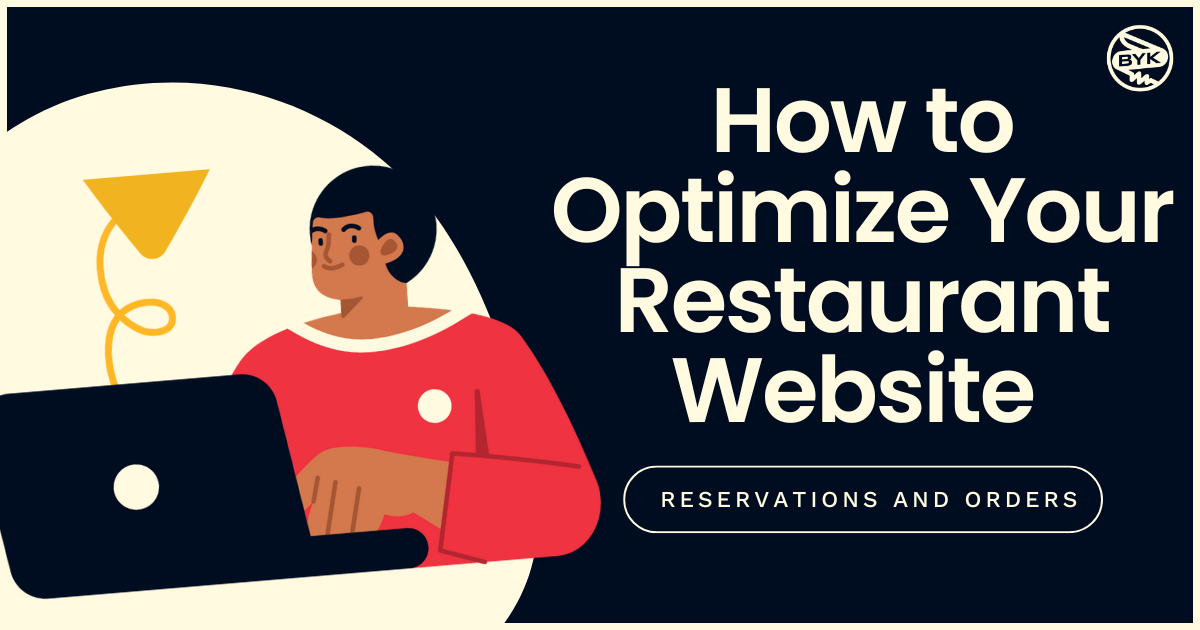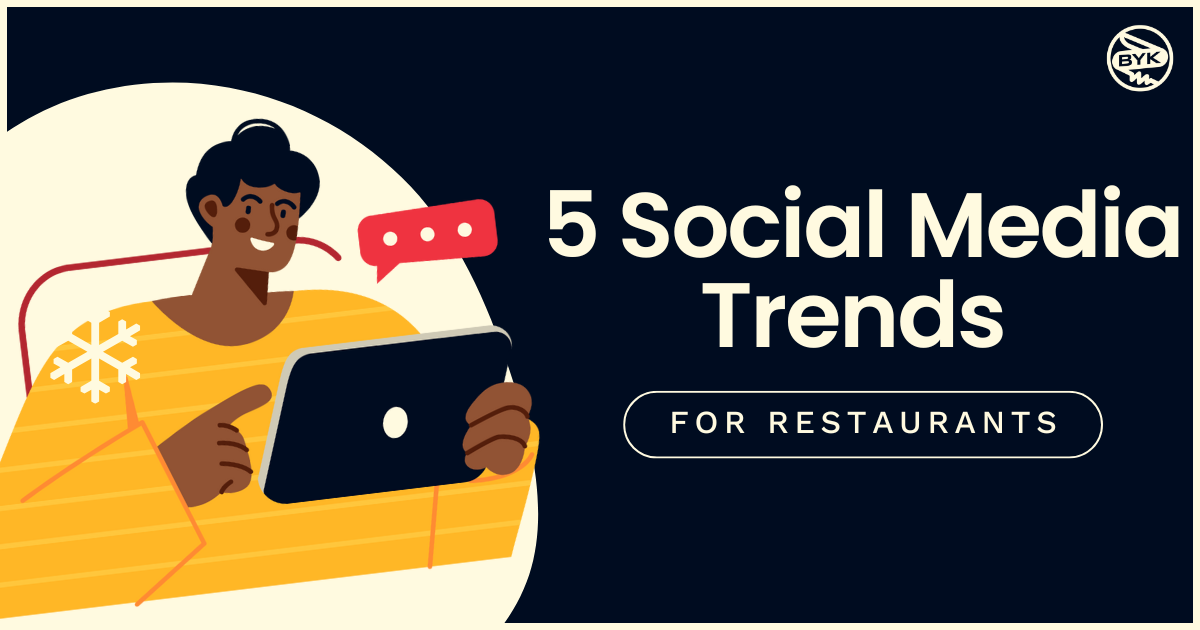Understanding the psychology of how your customers think can be really beneficial. Knowing how people think can improve your digital marketing efforts and help you create products and experiences that resonate with your customers.
Everyone is different, but let’s take a peek inside the mind of the average consumer. Below are 5 principles you’ll want to remember, that play a huge role in marketing psychology.
Time limits are effective
Companies are constantly offering short-term offers and limited-time deals. Why do they do this, and why should you for your brand? Because putting a time limit on people has proven to be effective.
The Scarcity Effect partly explains this. It’s a cognitive bias that causes us as humans to place a higher value on items that are in short supply (or scarce) than items that are plentiful. Inherently, by limiting the supply or the time window in which your product is available, you’re making it seem immediately more valuable to potential purchasers.
Additionally, a time limit forces people to act more impulsively. Consumers have to buy now or else the deal will be gone: They don’t have time to deliberate and talk themselves out of purchasing. People who were on the fence about your product may finally pull the trigger, knowing they’re getting a better deal than they normally would.
People believe people like themselves
In psychology there is something called the similarity bias. It is basically what it sounds like: People tend to like, believe, and prefer those who they feel are similar to themselves. This can hold true on everything from appearance to age to values to gender.
Why should that matter to you as a marketer? Whatever marketing or advertising you’re doing, you want your audience to relate to it if they’re going to buy into whatever you’re offering. This could mean that you hire a spokesperson who looks like your target audience, or is popular and well-known among them. It could also mean using a brand voice that matches that of your target audience, or having real customers who fit your target demographic share their positive experiences. In all these ways, you can make your consumers feel like your brand is similar to them.
The Paradox of Choice
Having tons of choices is seen as a good thing. Most people, when asked, will say that the more options they have, the better. But when you put this into practice, the research shows that is actually not true. We are left with the paradox of choice: People think they want a lot of options. But when they are actually presented with a lot of options, they get overwhelmed and stressed.
It’s pretty easy to apply this to your brand. Don’t stress your consumers out: Don’t give them too many choices. Letting people customize your product or service to an extent can be great. But if they have to make choices on 10 different attributes and have 17 options for each one, it’s no longer going to be a fun experience, and they may decide not to purchase at all. Keep your offerings as simple as you can, while still providing the variety you need to appeal to a wide range of people.
People are anchored to the first available information
Another psychological tenet that’s important to pay attention to in marketing is the anchoring effect. This is the widely-supported idea that people tend to “anchor” their expectations or sense of a thing based on the first piece of information they receive.
Anchoring comes into play with discounts and sales in particular. When consumers see the original price of an item, that becomes their anchor. Then, when you show them the discounted or sale price, it looks even more positive compared to the original anchor. This is the reason some companies price their goods higher but run frequent sales. It is also the reason if you ever do run a sale, you’ll want to clearly compare the original price to the sale price, so people set their anchor higher and feel even more compelled to purchase at the discounted price.
The Rule of Reciprocity
This is another one that most people have likely experienced in their daily lives, and just didn’t know it had a name. Reciprocity is a simple concept: You do something for me, and I’ll want to do something for you in return. If your neighbor mows your lawn for you on a hot summer day, you’ll be more inclined to shovel their driveway for them the next time it snows.
This principle holds true not just between individuals, but between consumers and businesses as well. If you give potential customers something they value, they’re more likely to then purchase your products in return. What you “give” can be any number of things: A free product sample, entry into a giveaway, or a downloadable e-book that provides recipes or tips.
We hope this provides you with a valuable peek into the mind of the consumer. Be sure to keep these five marketing psychology concepts in mind to really create content that resonates with consumers.




